- 21
- 12月
hydraulic press paver block machine
Our block making machines are reliable and efficient machines used to produce different types of concrete blocks like Bridge abutment blocks, solid blocks, interlocking blocks and paver blocks. They are suitable for both large and small-scale production, are versatile and cost-effective.
These machines are designed with advanced technology and components to ensure high quality and precise results. They are also easy to operate, maintain and have a long life, saving time and money in the long run.
Equipped with a powerful motor and hydraulic system, the Block Machine is capable of producing up to 11440 bricks per hour. It also features an automatic feeding system, allowing for continuous production without any interruptions. The machine has a PLC control system that ensures precise and accurate production, while also making it user-friendly and easy to operate.
hydraulic press paver block machine is a type of equipment used for producing concrete blocks in various shapes and sizes. There are different models of hydraulic press paver block machines available in the market, each with its own unique features and capabilities.
QT6-15 Block Making Machine, which is designed for high production and efficiency. This machine is equipped with a large capacity pallet, allowing it to produce six blocks in one cycle. It also has a high pressure hydraulic system, ensuring strong and stable block compression. The QT6-15 is designed with advanced nozzle and mold vibration technology, resulting in precise and high-quality block production.
QT5-15 Concrete Block Molding Machine, which is suitable for producing various types of concrete blocks, including hollow, solid, and interlocking blocks. It has a powerful vibration system and a multi-source vibration of 360 degrees, which ensures uniform and strong block density. The machine also has a high-speed hydraulic system, allowing for quick and efficient block production.
Both models mentioned above have automatic control systems with PLC and touch screen interface, making it easy to operate and adjust the machine settings. They also have customizable features, such as different molds and block sizes, to cater to various construction needs.
In terms of parameters, the QT6-15 has a production capacity of 8640-11520 blocks per shift, while the QT5-15 can produce 7680-10240 blocks per shift. Both models have a power rating of 27.5 kW and require a voltage of 380V. They also have a weight of approximately 14-15 tons and a compact design for ease of transportation and installation.
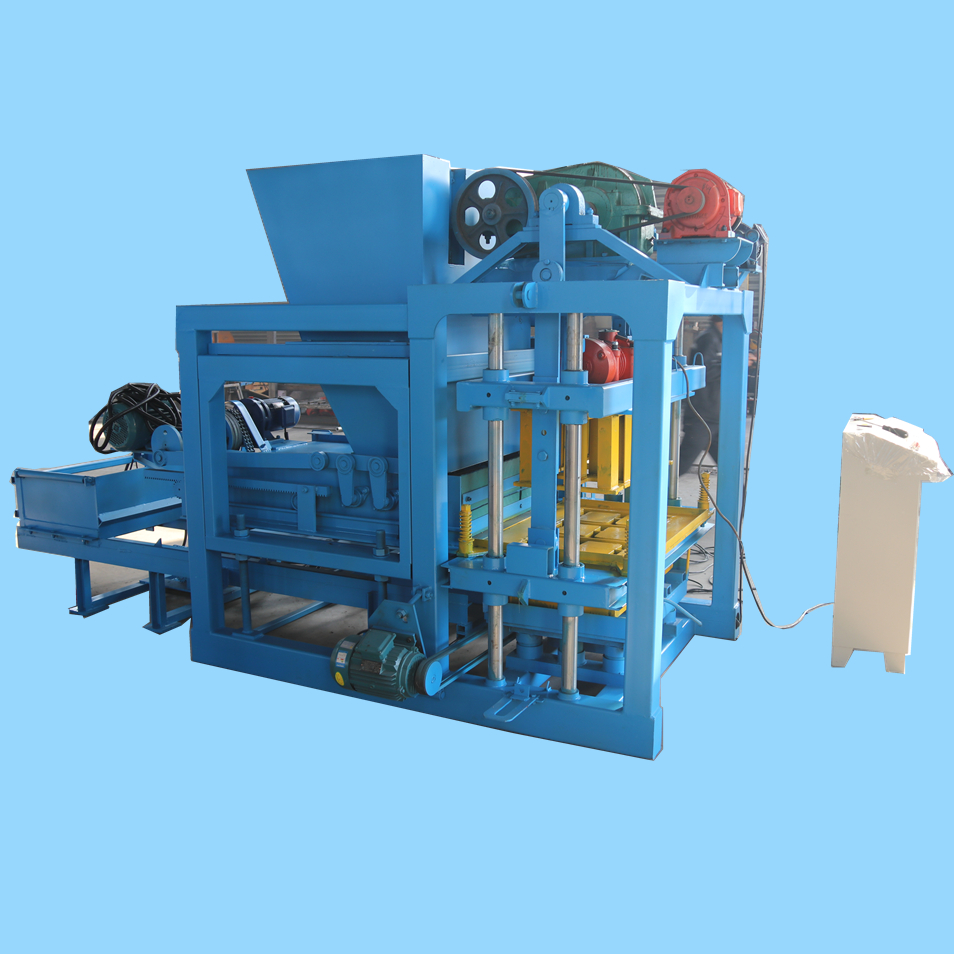
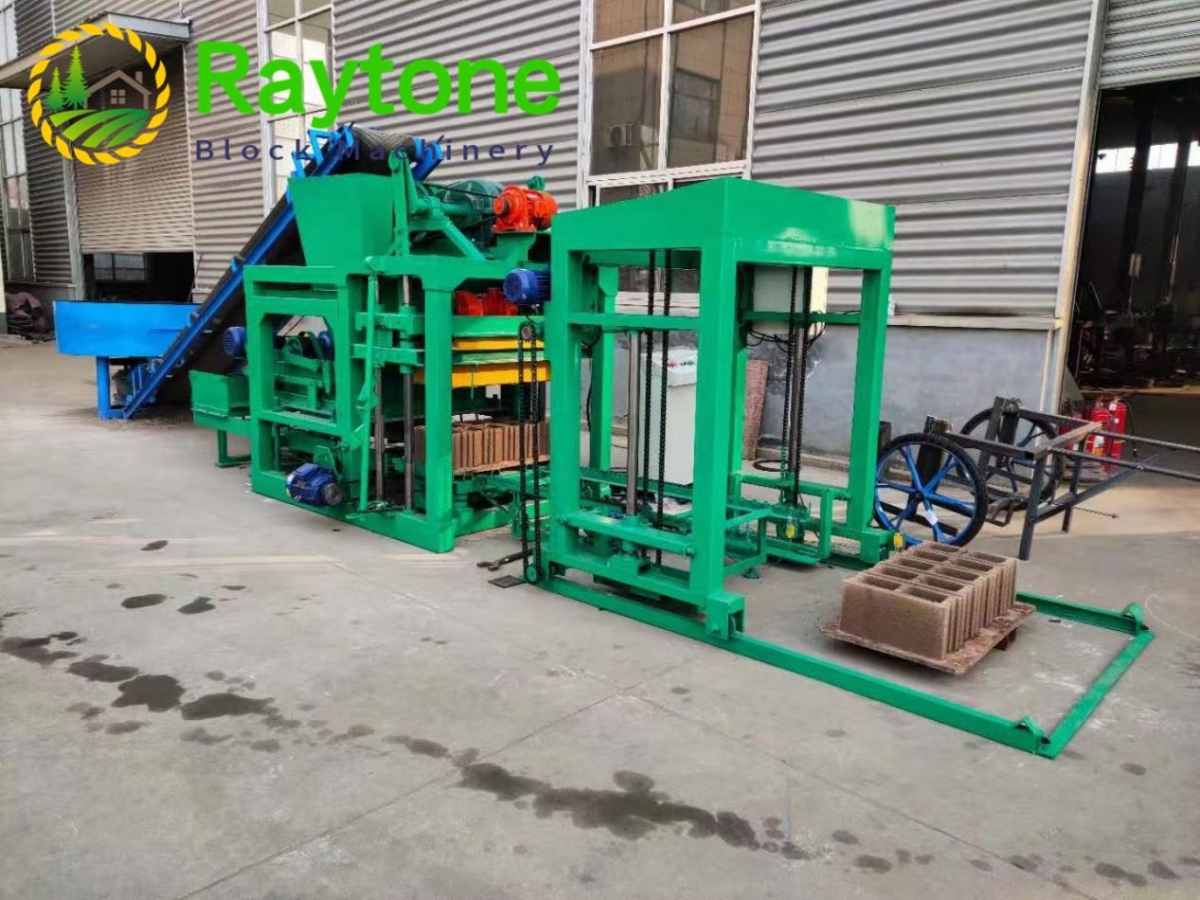
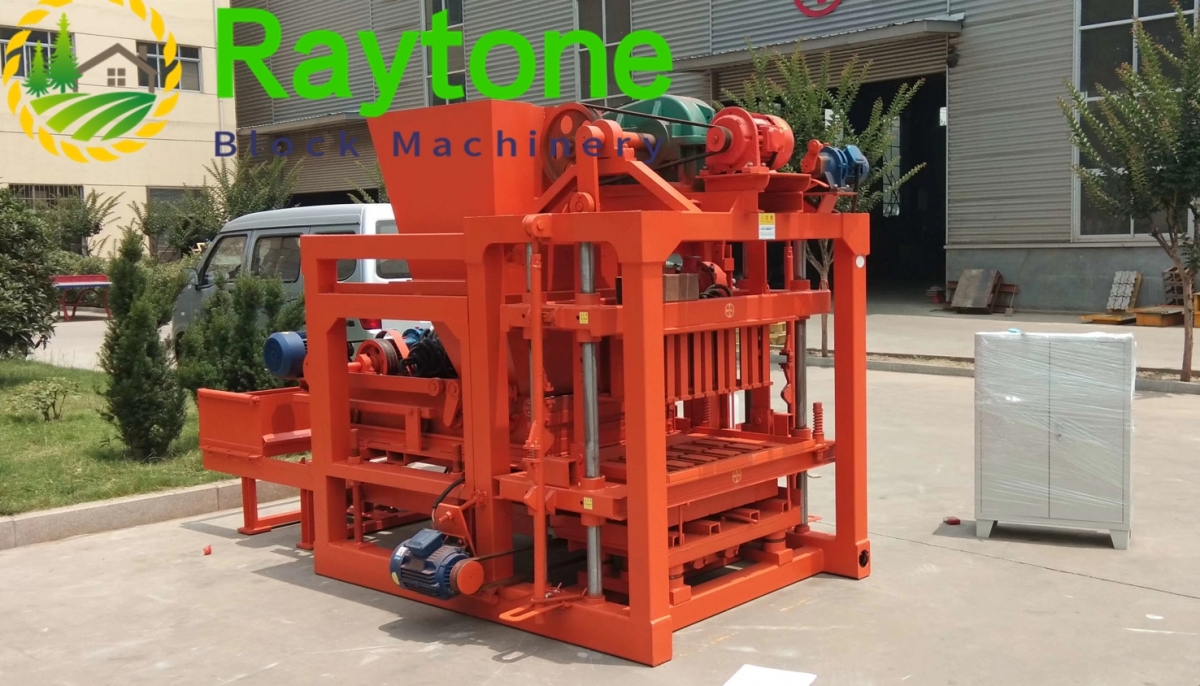
| (1) | Dimension of host machine | 2941*2000*2000mm | (6) | labour | 4 workers |
| (2) | Weight of the host machine | 3.2T | (7) | Voltage | customized |
| (3) | Moulding period | 25-28 | (8) | Total required machine power | 26.5 KW |
| (4) | pallet size | 850*550*20mm | (9) | Diesel Generator capacity | 31.46KVA |
| (5) | Vibration force | 62KN | (10) | workshop area | 495 m2 |
The Advantages of Block Machine Technology
hydraulic press paver block machine FAQs Guide.
The Block machine is an innovative and advanced piece of equipment that is designed to streamline the process of creating high-quality concrete blocks. With its state-of-the-art technology and precise engineering, our Block machine offers superior performance and efficiency for any construction project. It is a versatile and reliable tool that can produce a wide range of block sizes and shapes, making it perfect for various applications, including residential and commercial buildings, road and sidewalk construction, and more. Combined with its durability and ease of use, our Block machine is the ideal solution for your block-making needs. Join the countless satisfied customers who have experienced the benefits of our Block machine and take your construction projects to the next level.
2.About hydraulic press paver block machine warranty
3.Can a hydraulic press paver block machine produce blocks with varying levels of compressive strength?
4.How does climate affect the production of blocks with a hydraulic press paver block machine?
5.Can a hydraulic press paver block machine be used to produce other building materials besides blocks?
6.Are there any noise or vibration concerns with a hydraulic press paver block machine?
7.Are there any safety features built into the design of a hydraulic press paver block machine?
8.Does a hydraulic press paver block machine require a specific type of raw material?
9.What are the key components of a hydraulic press paver block machine?
10.Can a hydraulic press paver block machine be used in combination with other building techniques?
11.Can a hydraulic press paver block machine be used for multiple types of construction projects?
12.What is a hydraulic press paver block machine?
13.What types of blocks can a hydraulic press paver block machine produce?
14.About hydraulic press paver block machine customization services
15.What are the maintenance costs associated with running a hydraulic press paver block machine?
1.About the development history of hydraulic press paver block machine factory
The development history of block machine factory can be traced back to the early 20th century. The first block machine was invented in the United States in 1905 by a man named Charles Pankow. This machine was used to make concrete blocks for construction projects. In the 1920s, the first automatic block machine was developed in Germany. This machine was able to produce blocks with a higher degree of accuracy and consistency than the manual machines.
In the 1950s, the first hydraulic block machine was developed in the United States. This machine was able to produce blocks with a higher degree of accuracy and consistency than the manual machines. In the 1960s, the first computer-controlled block machine was developed in the United States. This machine was able to produce blocks with a higher degree of accuracy and consistency than the manual machines.
In the 1970s, the first fully automated block machine was developed in the United States. This machine was able to produce blocks with a higher degree of accuracy and consistency than the manual machines. In the 1980s, the first robotic block machine was developed in the United States. This machine was able to produce blocks with a higher degree of accuracy and consistency than the manual machines.
Today, block machine factories are used to produce a wide variety of blocks for construction projects. They are used to produce blocks for residential, commercial, and industrial projects. Block machine factories are also used to produce blocks for landscaping projects.
2.About hydraulic press paver block machine warranty
Block machine warranties vary depending on the manufacturer and model. Generally, warranties cover defects in materials and workmanship for a certain period of time, usually one year. Some warranties may also cover parts and labor for a certain period of time. It is important to read the warranty information carefully to understand what is covered and for how long.
3.Can a hydraulic press paver block machine produce blocks with varying levels of compressive strength?
Yes, a block machine can produce blocks with varying levels of compressive strength. This is done by adjusting the amount of pressure applied to the blocks during the manufacturing process. The amount of pressure applied can be adjusted to produce blocks with different levels of compressive strength.
4.How does climate affect the production of blocks with a hydraulic press paver block machine?
As one of the top hydraulic press paver block machine manufacturers in China, we take this very seriously.
Climate can affect the production of blocks with a block machine in a few ways. In cold climates, the concrete mix may need to be adjusted to ensure that it sets properly. In hot climates, the concrete mix may need to be adjusted to ensure that it does not set too quickly. Additionally, in hot climates, the block machine may need to be cooled to prevent overheating. Finally, in humid climates, the block machine may need to be equipped with a dehumidifier to prevent moisture from affecting the production process.
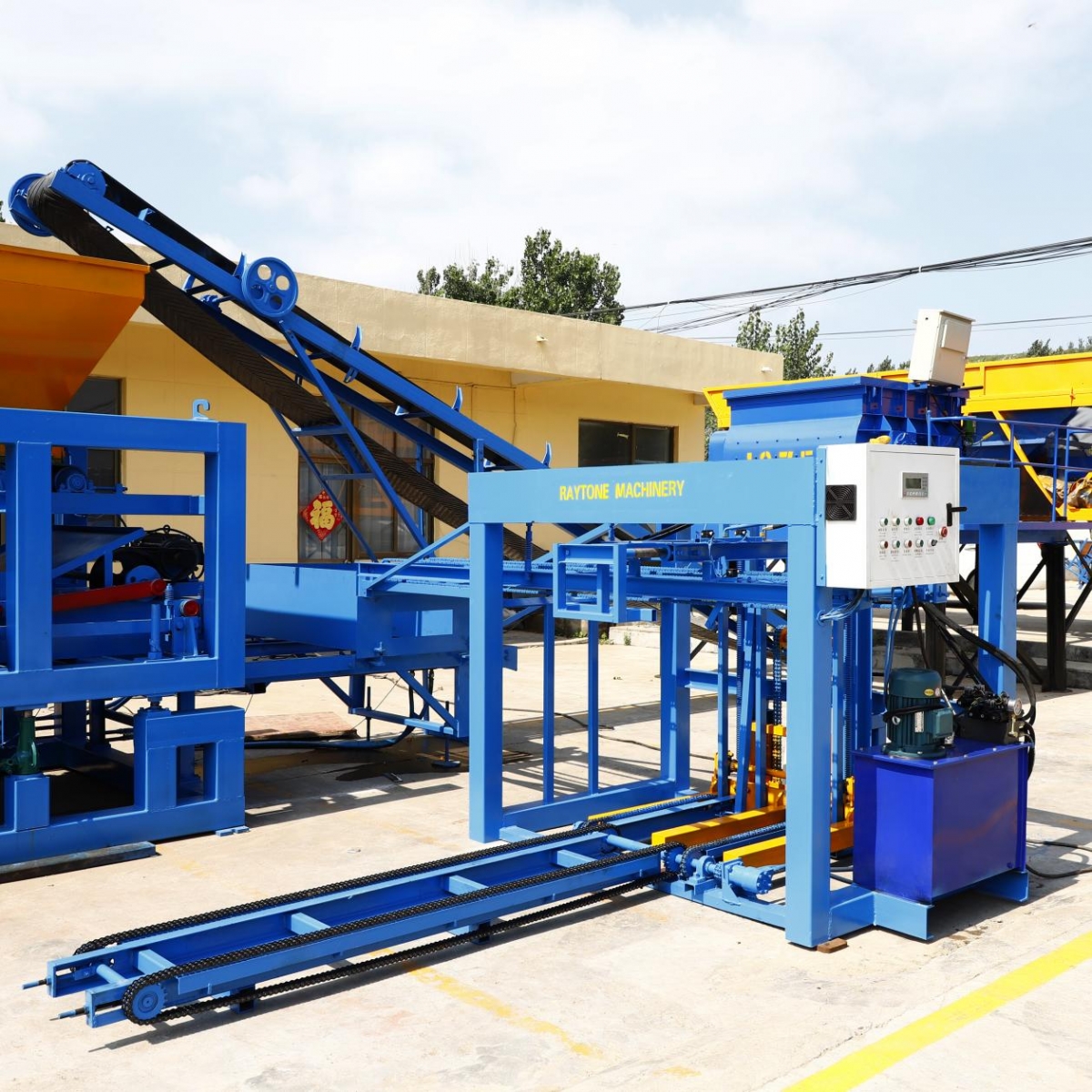
5.Can a hydraulic press paver block machine be used to produce other building materials besides blocks?
Yes, a block machine can be used to produce other building materials such as pavers, bricks, tiles, and even roof tiles.
6.Are there any noise or vibration concerns with a hydraulic press paver block machine?
Yes, noise and vibration are common concerns with block machines. The noise and vibration levels can vary depending on the type of machine and the materials being used. It is important to ensure that the machine is properly maintained and that the operator is properly trained to reduce the risk of excessive noise and vibration.
7.Are there any safety features built into the design of a hydraulic press paver block machine?
Yes, there are several safety features built into the design of a block machine. These include emergency stop buttons, safety guards, and interlocks to prevent accidental operation. Additionally, many block machines are designed with a low center of gravity to reduce the risk of tipping over.
8.Does a hydraulic press paver block machine require a specific type of raw material?
Our hydraulic press paver block machine products undergo strict quality control to ensure customer satisfaction.
Yes, a block machine typically requires a specific type of raw material, such as sand, gravel, cement, and water. Depending on the type of block machine, other materials may also be required.
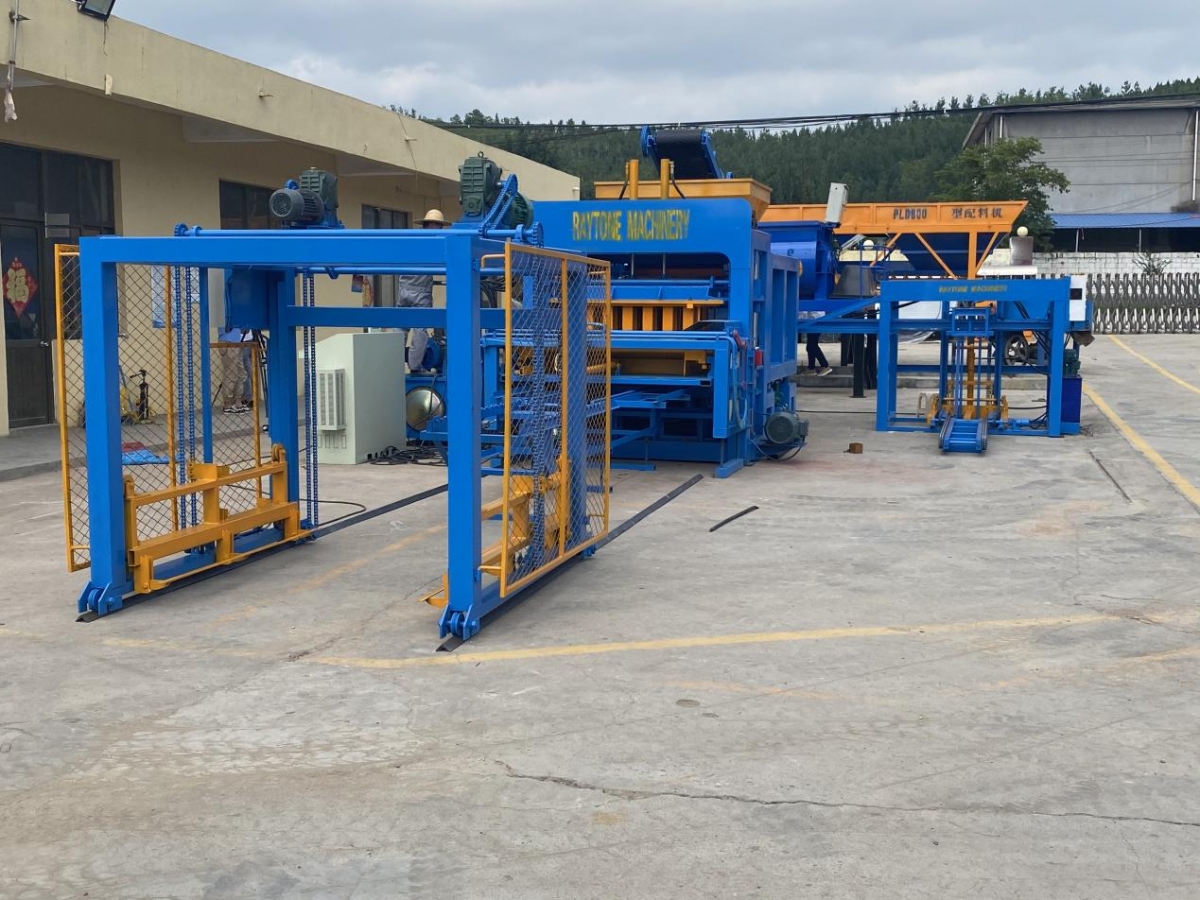
9.What are the key components of a hydraulic press paver block machine?
We are a professional hydraulic press paver block machine company dedicated to providing high quality products and services.
1. Concrete Mixer: This is used to mix the concrete and other materials used in the block production process.
2. Block Mould: This is the mould used to shape the blocks.
3. Hydraulic Press: This is used to press the blocks into shape.
4. Palletizing System: This is used to move the blocks from the press to the curing area.
5. Curing Area: This is where the blocks are cured and allowed to dry.
6. Packaging System: This is used to package the blocks for shipping.
10.Can a hydraulic press paver block machine be used in combination with other building techniques?
Yes, a block machine can be used in combination with other building techniques. For example, a block machine can be used to create the walls of a building, while other building techniques such as steel framing, masonry, and wood framing can be used to create the roof and other structural elements. Additionally, a block machine can be used to create decorative elements such as columns, arches, and other architectural features.
11.Can a hydraulic press paver block machine be used for multiple types of construction projects?
We have established a good reputation and reliable partnerships within the hydraulic press paver block machine industry.
Yes, a block machine can be used for multiple types of construction projects. Block machines are versatile and can be used to produce a variety of concrete blocks, including hollow blocks, paving blocks, curbstones, and more. They can also be used to produce other concrete products such as pavers, tiles, and slabs.
12.What is a hydraulic press paver block machine?
We adhere to the principle of quality first and have a complete production quality management system and quality inspection process.
A block machine is a machine used to produce concrete blocks, which are used in the construction of walls, foundations, and other structures. The machine typically consists of a hopper, a conveyor belt, a mold, and a vibration table. The hopper is used to feed the concrete mix into the machine, the conveyor belt transports the mix to the mold, and the vibration table vibrates the mix to ensure a uniform block.
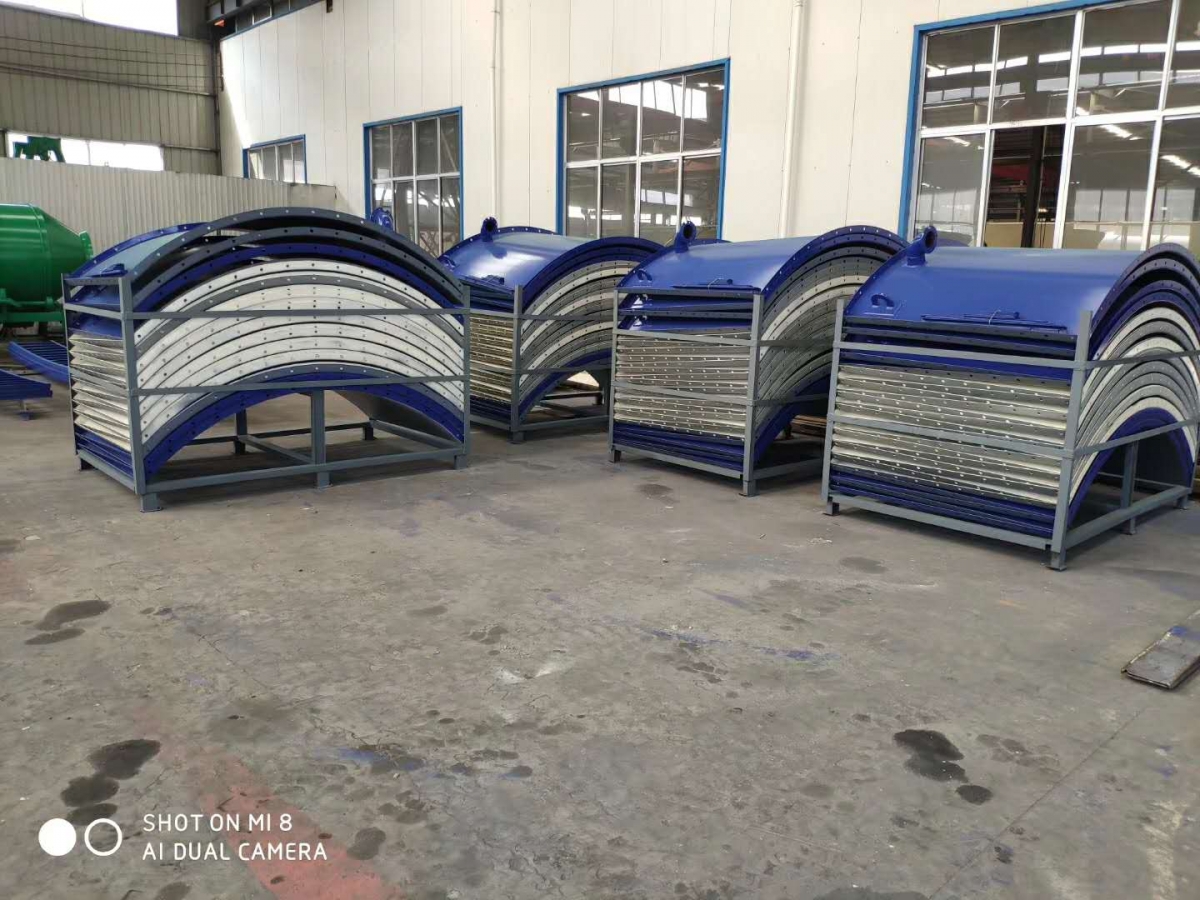
13.What types of blocks can a hydraulic press paver block machine produce?
We adhere to the principle of quality first and have a complete production quality management system and quality inspection process.
A block machine can produce a variety of blocks, including concrete blocks, cinder blocks, interlocking blocks, retaining wall blocks, and paving blocks.
14.About hydraulic press paver block machine customization services
Block machine customization services are designed to help businesses create custom-made block machines that are tailored to their specific needs. These services can include the design and engineering of the machine, the fabrication of the components, and the installation and maintenance of the machine. The customization services can also include the development of software and hardware to control the machine, as well as the integration of the machine into existing production lines. The customization services can also include the development of custom-made parts and components for the machine, as well as the development of custom-made tools and fixtures for the machine.
15.What are the maintenance costs associated with running a hydraulic press paver block machine?
The maintenance costs associated with running a Block machine will vary depending on the type of machine and its age. Generally, maintenance costs can include regular oil changes, filter replacements, lubrication, and other routine maintenance. Additionally, more complex repairs such as replacing worn parts or repairing electrical components may be necessary. Depending on the machine, these repairs can be costly.
